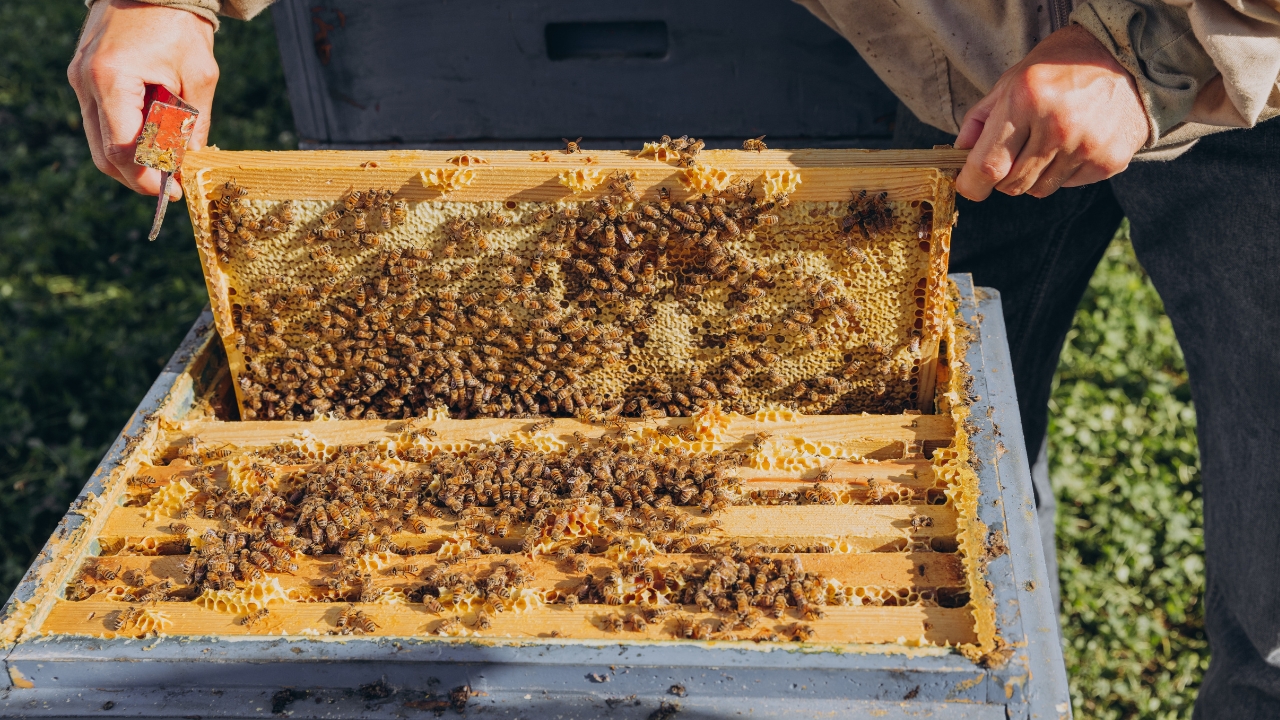8 animals that can thrive on little space
You don’t need wide-open pastures to raise livestock. Some animals adapt exceptionally well to compact spaces, whether that’s a small suburban lot, an urban backyard, or a tightly managed rural property.
These species are productive, hardy, and capable of meeting much of their own food needs without huge amounts of land. With the right housing, feed, and predator protection, they’ll give you eggs, meat, milk, fiber, or pest control while making efficient use of the space you have available.
Quail

Quail are one of the best choices for very small spaces. They can be raised in stacked cages or small aviaries, producing eggs and meat with minimal feed. Their eggs are highly marketable, and they mature quickly, giving you fast returns.
While they do best with some protection from extreme temperatures, their small size means housing can be compact and easy to maintain. For anyone wanting livestock in a tight footprint, quail are hard to beat.
Rabbits

Rabbits require very little room compared to other meat or fiber animals. They can be kept in hutches, cages, or colony setups, and their feed needs are straightforward — hay, pellets, and fresh greens. They reproduce quickly and quietly, offering steady production without disturbing neighbors.
Their manure is excellent for gardens and can be used without composting. Rabbits are a practical choice for those who want a small-scale animal that’s easy to house and care for.
Chickens

Chickens can thrive in coops and runs sized for your available space, making them a great fit for smaller properties. Even a few hens can provide a steady supply of eggs while helping control pests. Portable chicken tractors are an option for rotating them through different parts of your yard.
They adapt well to various setups, provided they have shelter from the elements and protection from predators. Their versatility makes them a top pick for small-space animal keeping.
Ducks

Ducks don’t need a large pond — a small pool or tub for bathing is enough. They’re excellent foragers and can be housed in coops and runs similar to chickens. Many breeds are productive egg layers and hardy in various climates.
Ducks are less likely to damage gardens than chickens, making them easier to integrate into smaller spaces with a mix of plants and animals. They do need daily access to clean water for drinking and washing, but overall, they’re easy to manage.
Bees

Bees can be kept in compact hives that take up only a small section of your yard. They require seasonal care but no daily feeding, and they’ll travel to forage, making them highly space-efficient. Beyond producing honey and beeswax, they benefit gardens and orchards through pollination.
Even in urban areas, bees can thrive as long as there’s enough plant diversity nearby. With proper hive management, they can produce a high yield from a minimal footprint.
Guinea Pigs

In some cultures, guinea pigs are raised as a small meat source, though in the U.S. they’re more often kept as pets. Either way, they take up little room, are quiet, and eat inexpensive feed like hay and vegetables.
They can be housed in cages indoors or in protected outdoor hutches. They’re hardy in moderate climates and offer an approachable way to raise animals in a very limited space.
Pigeons

Pigeons need only a small loft or coop and minimal feed supplementation if they can forage. They can be raised for meat, as homing birds, or for show purposes. Their care requirements are basic, and they can thrive in close quarters. For small-space keepers, they’re a versatile option with multiple potential uses.
Worms

Worms aren’t traditional livestock, but they’re valuable in small-space systems. A worm bin takes up little room and produces nutrient-rich compost for gardens. Worms process kitchen scraps efficiently, reducing waste while creating a marketable product in castings.
They thrive in bins kept at moderate temperatures and require minimal ongoing attention beyond adding feedstock and harvesting compost.
*This article was developed with AI-powered tools and has been carefully reviewed by our editors.







